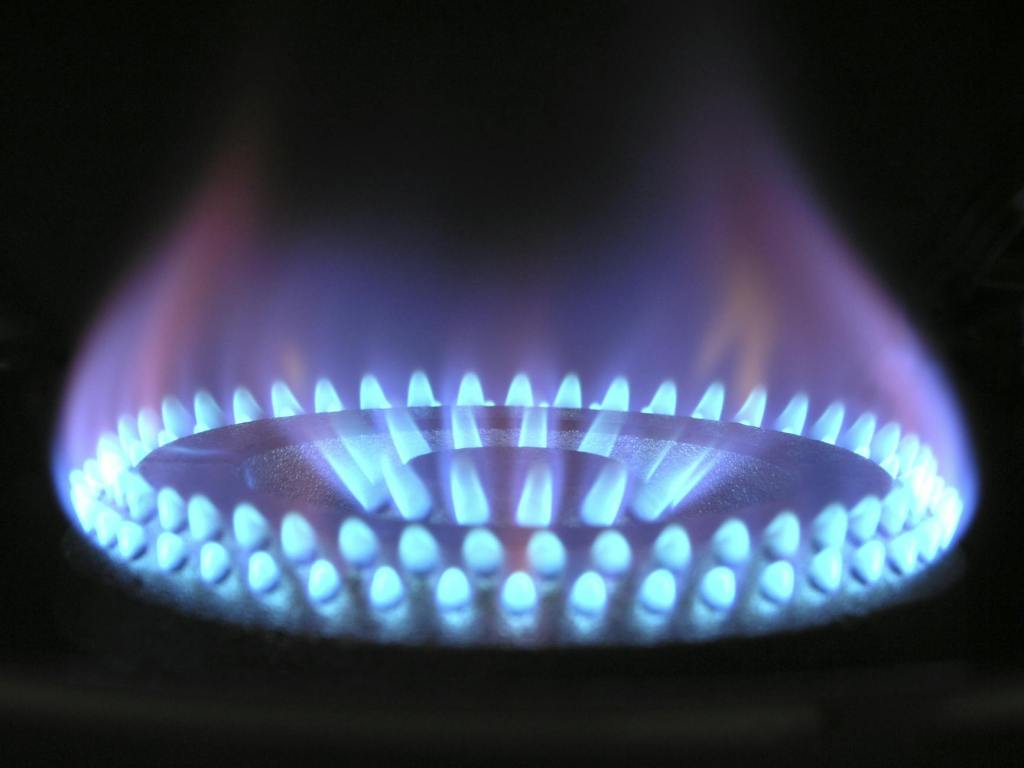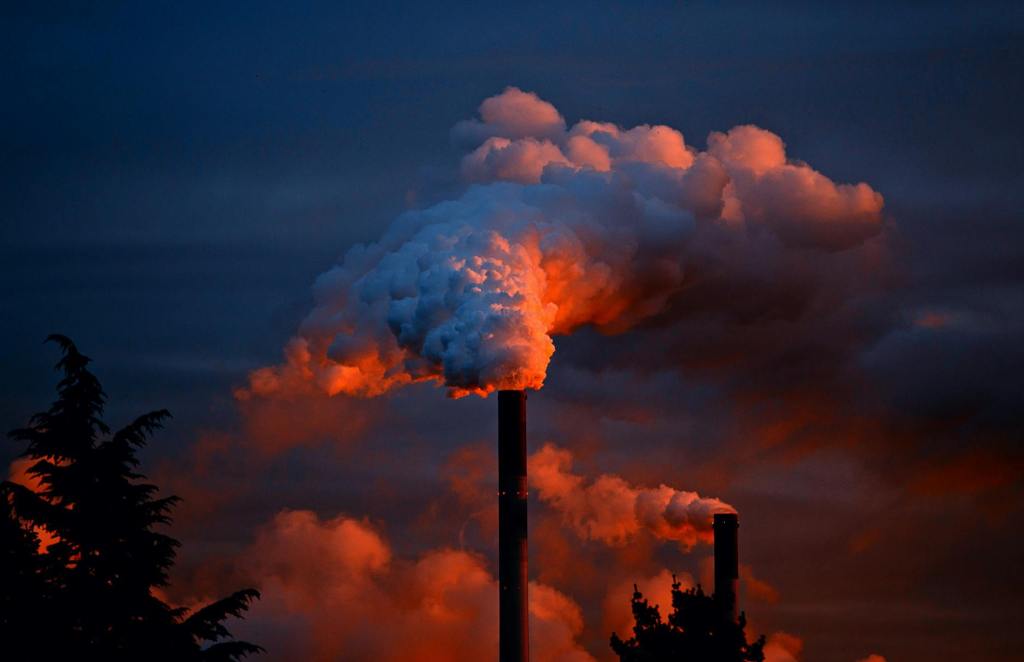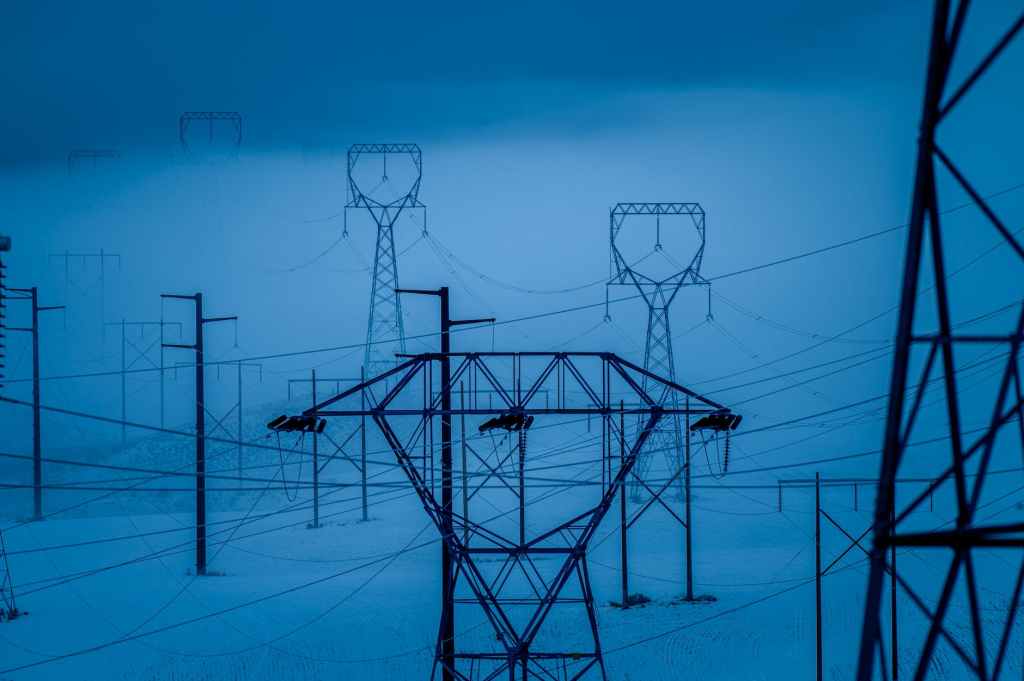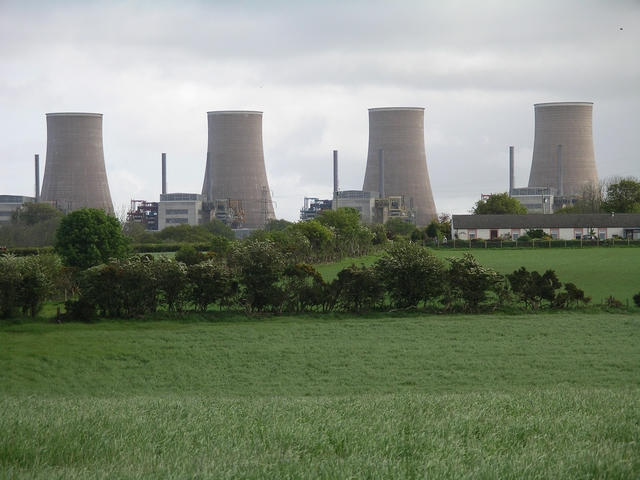If you are looking for some books to broaden your perspective on environmental issues, you might want to check out this list of recommendations. These books cover topics such as climate change, sustainability, circular economy, and environmental justice. They also offer different viewpoints and approaches to tackling the challenges we face as a global community.
Top Environmental Books to Understand the Challenges Ahead
- “The Climate Casino” by William D. Nordhaus
- “On Fire” by Naomi Klein
- “Legacy” by Dieter Helm
- “The Sixth Extinction” by Elizabeth Kolbert
- “The Uninhabitable Earth” By David Wallace-Wells
“The Climate Casino” by William D. Nordhaus
The first book on the list is a Nobel Prize winner, William D. Nordhaus, who offers insights into climate economics in “The Climate Casino.” In this book, Nordhaus argues that climate change is a gamble that we cannot afford to lose. He proposes a range of policies and strategies to reduce greenhouse gas emissions, such as carbon pricing, global carbon taxes, and international cooperation. He also warns of the risks and uncertainties that come with inaction or ineffective action. You can find our full review here.

“On Fire” by Naomi Klein
The next book is “On Fire” by Naomi Klein, which has quite a contrasting opinion. Klein sees capitalism as the problem to climate change rather than proposing it as part of the solution, as Nordhaus does. She criticizes the neoliberal ideology that prioritizes profit over people and planet, and calls for a radical transformation of our economic and political systems.
The main argument of Naomi Klein is that the climate crisis is not only a threat to our survival, but also an opportunity to transform our society and economy for the better. She supports the Green New Deal, a comprehensive plan to decarbonize the economy and create millions of jobs, as the best way to achieve this transformation. She also highlights the stories of grassroots movements and activists who are fighting for climate justice around the world.

“Legacy” by Dieter Helm
Another good entry to the list is “Legacy” by Dieter Helm, who presents a more balanced view than Naomi Klein but does make clear that realizing true sustainability does require a paradigm shift towards fully circular processes rather than the linear value stream we have today. Helm explains how our current economic model is based on extraction, consumption, and waste, which leads to environmental degradation and social injustice. He proposes a new model that is based on regeneration, reuse, and recycling, which would preserve natural capital and enhance human well-being. He also provides practical examples and recommendations on how to implement this model in various sectors and regions. You can download this book for free on his website.

If you are interested in more free books, you can also check out our article on free renewable energy books, where you will find some great resources.
“The Sixth Extinction” by Elizabeth Kolbert
“The Sixth Extinction” is a book that explores the causes and consequences of the current mass extinction of species, which is driven by human activity. Kolbert chronicles previous mass extinction events, and compares them to the accelerated, widespread extinctions during our present time. She also describes specific species extinguished by humans, as well as the ecologies surrounding prehistoric and near-present extinction events. Kolbert’s viewpoint is that climate change is a serious threat to the well-being of humanity and the planet, but also that it is not too late to avoid the worst outcomes. She shows that the sixth extinction is likely to be mankind’s most lasting legacy, compelling us to rethink the fundamental question of what it means to be human. Kolbert’s position is closer to Nordhaus than to Klein, as she does not advocate for a radical transformation of the economic and political systems, but rather for a more moderate and gradual approach to reducing emissions and preserving biodiversity

“The Uninhabitable Earth” by David Wallace-Wells
“The Uninhabitable Earth: Life After Warming” by David Wallace-Wells is a book that presents a stark and terrifying vision of the future of the planet and how we live on it. Wallace-Wells argues that climate change is not just a problem of carbon emissions, but a symptom of a larger crisis of civilization. He exposes the failures of the mainstream environmental movement and the corporate capture of the climate agenda. He also analyzes the political and ideological obstacles to achieving a sustainable and just society. Wallace-Wells’s viewpoint is that capitalism is the problem to climate change rather than part of the solution, and that it cannot be reformed or regulated to solve the problem. He advocates for a radical transformation of our economic and political systems based on the principles of climate justice, which means addressing the multiple and intersecting crises of inequality, racism, colonialism, and patriarchy that fuel and are fueled by the climate emergency. Wallace-Wells’s position is perhaps even more radical than Naomi Klein, as he sees no hope in the existing institutions and structures, but rather in the grassroots movements and activists who are fighting for a different world.

Conclusion
These are some of the best environmental books that you can read to understand the challenges ahead and the possible solutions. They will help you to learn more about the science, economics, politics, and ethics of climate change and other environmental issues. They will also inspire you to take action and join the global movement for a greener and fairer future. Whether you agree or disagree with the authors, you will find their perspectives stimulating and enlightening





2 responses to “Best Environmental Books”
[…] “The Local weather On line casino” by William D. Nordhaus […]
LikeLike
[…] In conclusion, exploring the world of hydrogen energy through a diverse range of perspectives is essential for a holistic understanding of its potential impact on our future. From Marco Alverà’s optimistic blueprint to Joseph Romm’s critical examination, Paul Ekins’ thorough analysis of economic and social challenges, to R. E. Hester’s exploration of fossil hydrogen, each book contributes a unique facet to the broader conversation. For readers hungry for more, The Top 5 Energy Books You Need to Read offers a broader perspective on the dynamic landscape of clean energy solutions beyond hydrogen. Want to read more about environmental issues? You might like our essential environmental reading list. […]
LikeLike